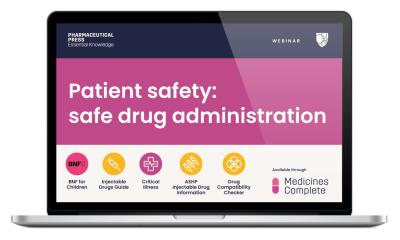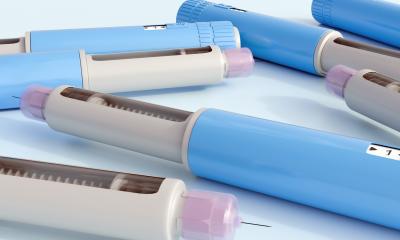EU regulates to match medicines to children
Although the way adults react to drugs is often not the same for children, there are no special trials to check the suitability for smaller size patients.
Once the regulation comes into force, all medicines already on the market will have to be retrospectively licensed for children’s prescriptions.
The European Parliament has been asking for this new regulation for years. Up until now, many medicines have only been adapted to suit children by administering lower doses; however, many experts think there is an inherent risk of unforeseen side effects.
Peter Liese, a medic, and member of the European Parliament and the German Christian Democratic Union, said that, apart from medicines such as cough mixture, medications for serious illnesses, such as cancer or AIDS, have not yet been specifically licensed for children. Doctors often refrain from giving their small patients the necessary medication because they are concerned about unforeseen side effects. Scientifically-based recommendations from manufacturers could alleviate those fears.
Source: www.medical-tribune.de
14.11.2006





